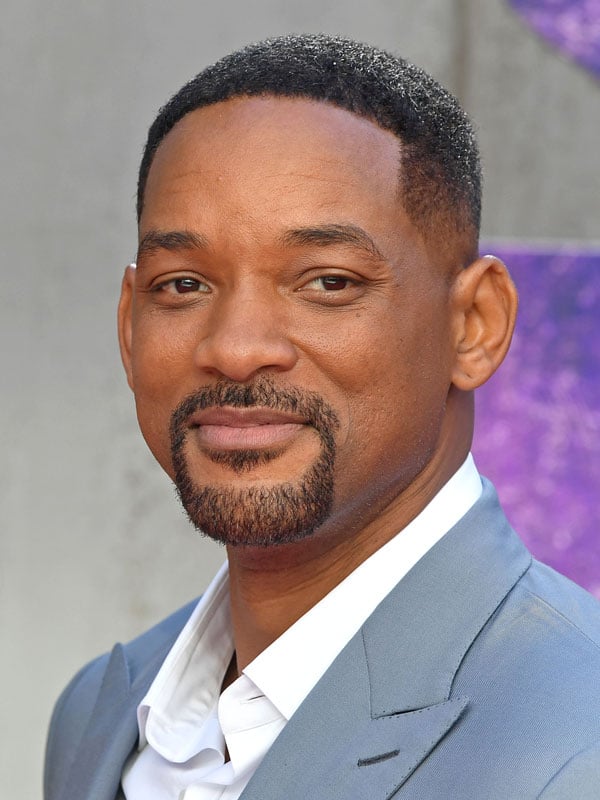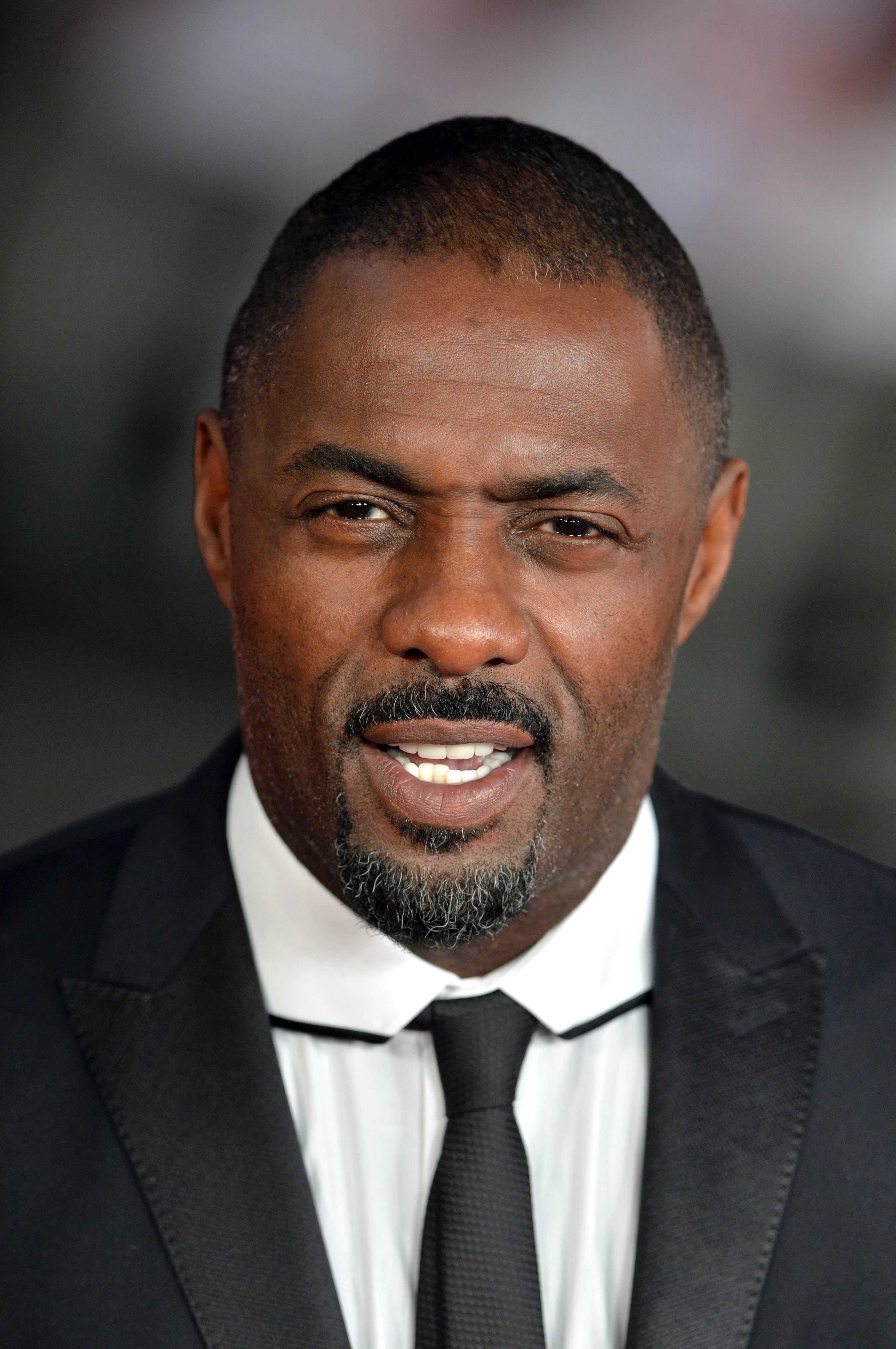What truly makes an actor stand out, especially when we consider the idea of an "actor masculine"? It's not just about a look or a certain type of part, is that right? Actually, it goes much deeper than that, getting to the very core of how someone connects with an audience and brings stories to life. We often think about the physical presence an actor has, perhaps someone who performs "in the flesh" as they do in a traditional theater setting, or maybe on a big screen. Yet, the real impact comes from a blend of many qualities, some you might not immediately think of.
For many people, the best actors, the ones who really make a mark, are those who show incredible skill and can change themselves for different roles. You see this in actors who win big awards or get lots of nominations. They are often known for being very good at their craft, showing great range, and truly transforming into the characters they play. This kind of ability, you know, it lets them tell all sorts of tales, making each one feel real and important.
This discussion will look at what it means to be an actor who projects a powerful, masculine presence. We'll explore the various ways performers use their skills to captivate us, from how they move and speak to the deep emotional connections they form. It's about how these individuals become cultural figures, shaping our ideas and feelings through their art, more or less.
Table of Contents
- Understanding the Actor's Craft and Masculine Presence
- Versatility and Transformation: A Hallmark of Greatness
- Iconic Figures: American Actors and Lasting Influence
- Frequently Asked Questions About Actor Masculine
Understanding the Actor's Craft and Masculine Presence
More Than Just Muscles: Defining Actor Masculine
When we talk about an actor who embodies a certain masculine quality, it’s often more than just about how strong they appear. Of course, an actor performs, using their body and voice. This includes their presence, how they carry themselves on stage or screen. It’s about a kind of commanding energy, a way of being that draws people in, you know? It’s a very specific kind of power that doesn't always rely on size or brute force, but rather a deeper sense of self and control.
The meaning of actor is simply one that acts, someone who takes on a part. But for an "actor masculine," this acting involves a certain kind of gravitas. It’s about projecting strength, resilience, and sometimes a quiet confidence. This quality helps them truly fill a space, whether it's a theater or a movie screen. It's about how they make us feel their presence, even when they are just standing still, which is a bit amazing.
This presence is something that great actors cultivate, perhaps over many years. It is that feeling that they are completely in control of their character and the story they are telling. Think about it: a person who acts in a play or a film uses their whole self to convey a role. The masculine aspect, in this sense, is about the strength of their portrayal, the conviction they bring to each moment, and how they make us believe in the world they create, more or less.
The Actor as Storyteller: Voice, Body, and Emotional Depth
At its core, an actor is a storyteller. They use their body and voice as their main tools to transport the audience into a different world. This is especially true for an actor embodying masculine traits, as they often convey stories of leadership, struggle, or quiet strength. They bring characters to life through their performances, whether in theater, film, television, or even radio shows, too it's almost.
Great actors jump off the screen and connect with audiences on an emotional level. This connection is not just about showing strong emotions, but also about showing vulnerability, determination, or deep thought. An actor who projects masculinity does so by making these emotions feel real and impactful. They use their voice to convey authority or tenderness, and their body to show power or weariness, for example.
There is a reason that actors have been cultural icons for a very long time. They reflect aspects of society, and a masculine actor often mirrors or challenges ideas about what it means to be a strong man. Their performances help us understand different human experiences. They use their full range of skills to make us feel what their characters feel, creating a bond that lasts long after the credits roll, in a way.
Versatility and Transformation: A Hallmark of Greatness
Shaping Roles: From Action Heroes to Complex Characters
The best actors on any list are often ranked by their success, including awards and nominations, and their skill. But a big part of what makes an actor truly great is their versatility and how they transform for roles. An actor with a strong masculine presence can play many different kinds of parts, not just the tough guy. They can be a hero in an action film or a character dealing with deep personal issues, you know?
Take Keanu Reeves, for instance. He is a versatile Canadian actor and musician who has worked for four decades. He is very well known for his main roles in action films and has received many good things said about his work. Yet, he has also played quiet, thoughtful characters, showing a range beyond just physical action. This ability to shift from one type of role to another, while still maintaining a compelling presence, is a sign of true acting prowess, more or less.
Similarly, an American actor like Sylvester Stallone, promoting Rambo III back in 1988, became famous for his action roles. But even within that type of character, there are nuances. The ability to portray different shades of strength, vulnerability, or determination within various roles is what makes an actor truly stand out. It’s about bringing something fresh and believable to each new character, which is quite something.
The Journey to Stardom: Dedication and Impact
Becoming a recognized actor, especially one known for a powerful presence, often takes a lot of hard work and dedication. Tom Cruise, for example, gave himself ten years to become a star. It only took him three. Sometimes, it seems like a quick path to fame, like dancing in your underwear might put you on the fast track, but that's usually just a tiny part of a much bigger effort, anyway.
The journey to becoming an actor with significant impact involves countless hours of practice and learning. It means understanding how to use every part of yourself to convey a character's story. An actor who develops a strong masculine identity on screen does so through consistent effort and a deep commitment to their craft. They learn to use their voice, their movements, and their emotional range to create memorable performances, which is really important.
This dedication helps them connect with audiences on a very deep level. Their performances leave a lasting impression, making them cultural figures. It's about the consistent quality of their work and their ability to keep bringing fresh, engaging portrayals to the screen or stage. That kind of commitment is what builds a lasting legacy, arguably.
Iconic Figures: American Actors and Lasting Influence
Recognizing Excellence: Awards, Skill, and Cultural Impact
When we talk about the greatest American actors who are alive today, we often look at those who have achieved significant recognition. Sure, you have your Oscar winners like Tom Hanks and Tommy Lee Jones. These actors have not only received many awards but have also shown incredible acting skills and versatility throughout their careers. Their ability to transform for roles is a key part of their success, too it's almost.
The impact of an actor goes beyond just winning awards. It's about their ability to become cultural icons. They shape how we see certain types of characters, including those who embody masculine qualities. Their performances can influence trends, start conversations, and even change societal perceptions. This lasting influence is a sign of true greatness, showing how their work resonates with people over time, you know?
Accuracy when discussing these actors means looking at their entire body of work, not just a few standout roles. It’s about how consistently they deliver strong performances and how they contribute to the art of acting. These individuals use their unique talents to create characters that stay with us, making them truly memorable. They are, in essence, the standard-bearers for what it means to be a powerful performer, in a way.
Examples of Powerful Male Performers
Many actors embody the qualities we've discussed, showing a strong, impactful masculine presence on screen. People often ask, "Who are the best actors from the USA?" The answer often includes those who have demonstrated remarkable range and an ability to connect deeply with their audience. These performers bring characters to life with a certain authority and emotional depth, which is pretty compelling.
Actors like Tom Hanks, known for his ability to play a wide range of characters from everyday heroes to complex figures, show how versatility contributes to a powerful screen presence. His performances often carry a sense of grounded strength and genuine human feeling. Similarly, Tommy Lee Jones brings a quiet intensity and a distinct gravitas to his roles, making his characters feel very real and impactful, you know?
Then there are actors like Keanu Reeves, who, as mentioned, moves between action-packed roles and more reflective characters, always bringing a unique blend of physical presence and inner calm. And Sylvester Stallone, who, for example, defined an era of action heroes but also infused his characters with a surprising amount of heart and determination. These examples highlight how diverse the expression of "actor masculine" can be, from the overtly powerful to the subtly commanding, arguably.
Frequently Asked Questions About Actor Masculine
What defines a masculine actor?
A masculine actor is defined by their strong presence, which includes how they use their body and voice to portray characters with authority, resilience, or deep emotional conviction. It’s about their ability to command attention and convey a powerful sense of self, not just physical strength.
Which actors are known for their strong male roles?
Many actors are known for strong male roles, often recognized for their versatility and ability to transform. Examples include Tom Hanks, Tommy Lee Jones, Keanu Reeves, and Sylvester Stallone. These performers have played a wide array of characters, from action heroes to more complex, thoughtful figures, always bringing a compelling presence.
How important is physical presence for male actors?
Physical presence is quite important for male actors, as it’s a key tool for storytelling. An actor performs in the flesh, using their body to convey character traits and emotions. However, it’s not just about size or muscle; it’s about how they carry themselves, their movements, and how their physical demeanor supports the emotional and psychological aspects of their role, you know?
What qualities do you value most in an actor who projects a strong, masculine presence? Learn more about actors and their craft on our site, and find out about the art of performance.



